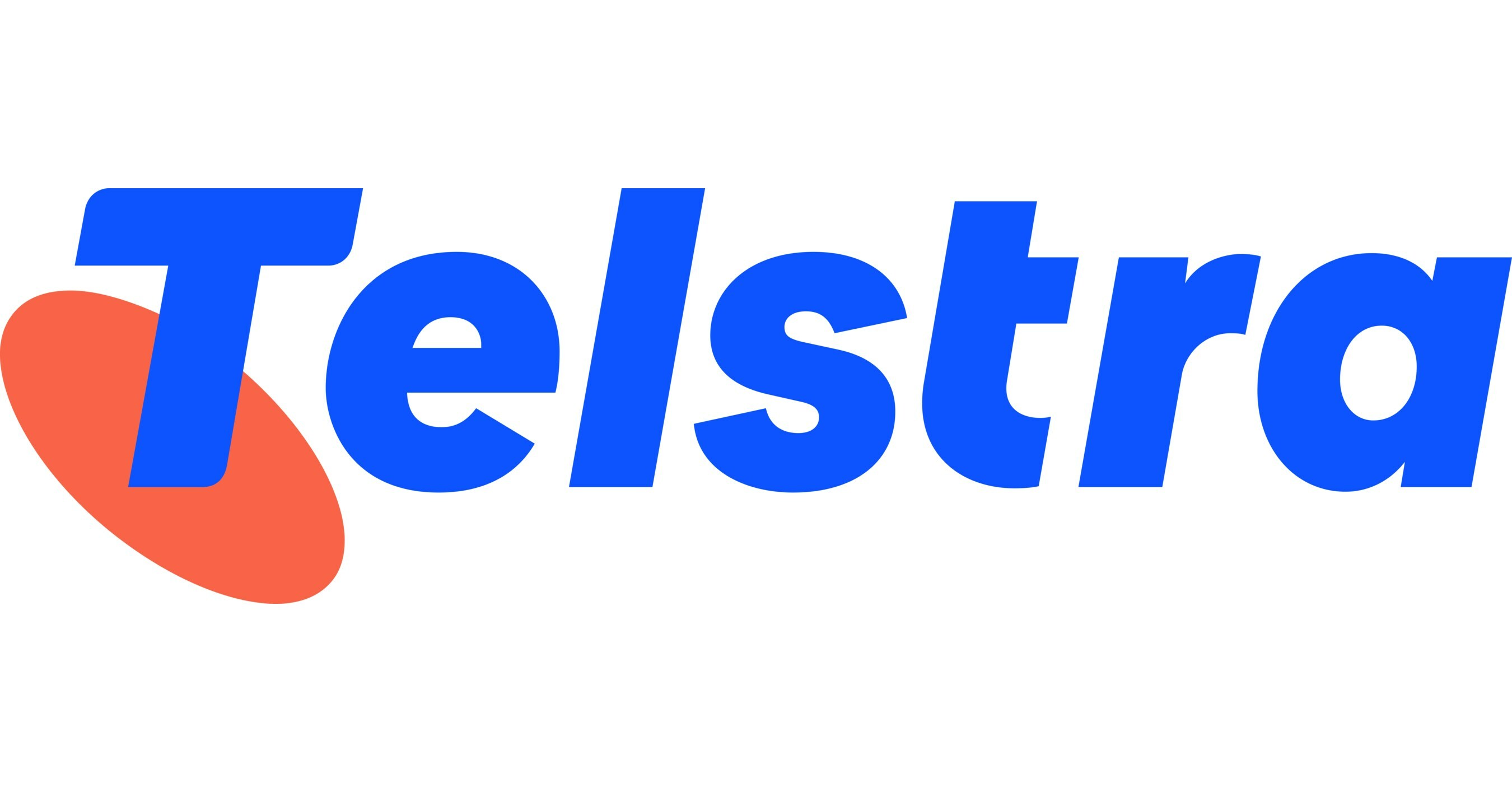Transportation:
Getting around using public transport is easy, and the Translink app is a valuable tool for assistance.
Although Uber is a well-liked transportation choice, it is more expensive than public transport, yet generally faster.
Many students prefer driving to campus if they own a vehicle. The parking fees vary, ranging from $2.50 per hour, $5 per day, to $7.50 per hour. As parking spaces fill up quickly, it's recommended to arrive at the university between 8-9 am.
International students often opt for public transport, which offers a 50% concession fare for tertiary students. Registering for concession fares with Translink is a simple process for tertiary students.
Banking Services:
Australia's major banks comprise Commbank, Westpac, ANZ, ANB, and Bendigo.
The official currency in Australia is the Australian Dollar (AUD).
The process of opening a bank account in Australia is relatively simple. You can initiate the application online using the provided links. Typically, an everyday/access account is established alongside a savings account. The everyday/access account allows you to withdraw funds, while the savings account helps you accrue interest.
It's important to note that in Australia, obtaining a Tax File Number (TFN) is mandatory, and you must file taxes at the end of the Financial Year (June/July) for the interest earned. If your stay is limited to a semester, this might not be necessary, but it's a consideration for longer durations.
For students, there are no associated costs with opening or maintaining the account. Necessary documents may include your passport, boarding pass, student visa, and university confirmation letter (eCOE).
Flying Chalks' Tips:
If you arrive during O-Week or Week 1, be prepared for long waiting times on campus and at nearby branches. It might be better if you opted for your cards to be sent to branches further away to avoid the wait.
Post Office Services:
Australia Post is the country's primary postal service, responsible for mail and parcel delivery. Their reliability stems from a widespread network, timely deliveries, and a long-standing reputation for consistent service.
Australia Post Office is available on campus. The process of mailing is straightforward and services include parcel collection, PO boxes, domestic and international mailing and more. The packaging for mailing can also be found there. Post offices are plentiful around Brisbane and can be found in convenient locations.
Medical Services:
UQ Health, a General Practitioner, on campus, otherwise Hospitals located in Brisbane include the Mater Hospital, Royal Brisbane and Womens Hospital and Brisbane Private Hospital. A full list of clinics can be found here.
Medications are prescribed at the clinic and bought separately by chemists in Australia. Cheap medications can be found at the discount chemists such as Chemist Warehouse.
International students covered under Overseas Student Health Coverage (OSHC), can be subsidised by their insurance coverage.
Depending on your needs, you can purchase a prepaid SIM card or get a post-paid plan. You won't risk getting unexpected charges by opting for a prepaid SIM. However, post-paid plans typically offer more data, calls, and free texts, but exceeding the limits specified in your plan can result in additional charges.
The top 3 telecommunications providers are:

Telstra
Telstra is Australia's largest mobile network provider. The SIM-only plans for Telstra starts from $62/month

Vodafone
Vodafone is a cheaper option for students, with plans starting from $49/month. Vodafone offers student discounts for some plans for as low as $40/month for 100GB.

Optus
SIM-only plans from Optus start from as low as $49/month. Optus also offers student plans at $39/month for 100GB.
Survival Guide:
Important numbers
Emergency Services: 000
Non-urgent UQ help: (07) 3365 1234
Urgent help at UQ: (07) 3365 3333
Flying Chalks' Tip:
Put the UQ security numbers into your phone contacts for easy access. You can also sign up online for free to get severe weather warnings in Brisbane, Queensland.
Singapore Embassy
Located in Canberra, ACT
The embassies for other countries can be found through this link.
Weather
Humid subtropical climate.
Summer (December - February) can get quite humid, with occasional storms, however generally cools down at night
Winter (June - August) cools down to temperatures between 11-21 degrees Celsius, however normally quite sunny during the day